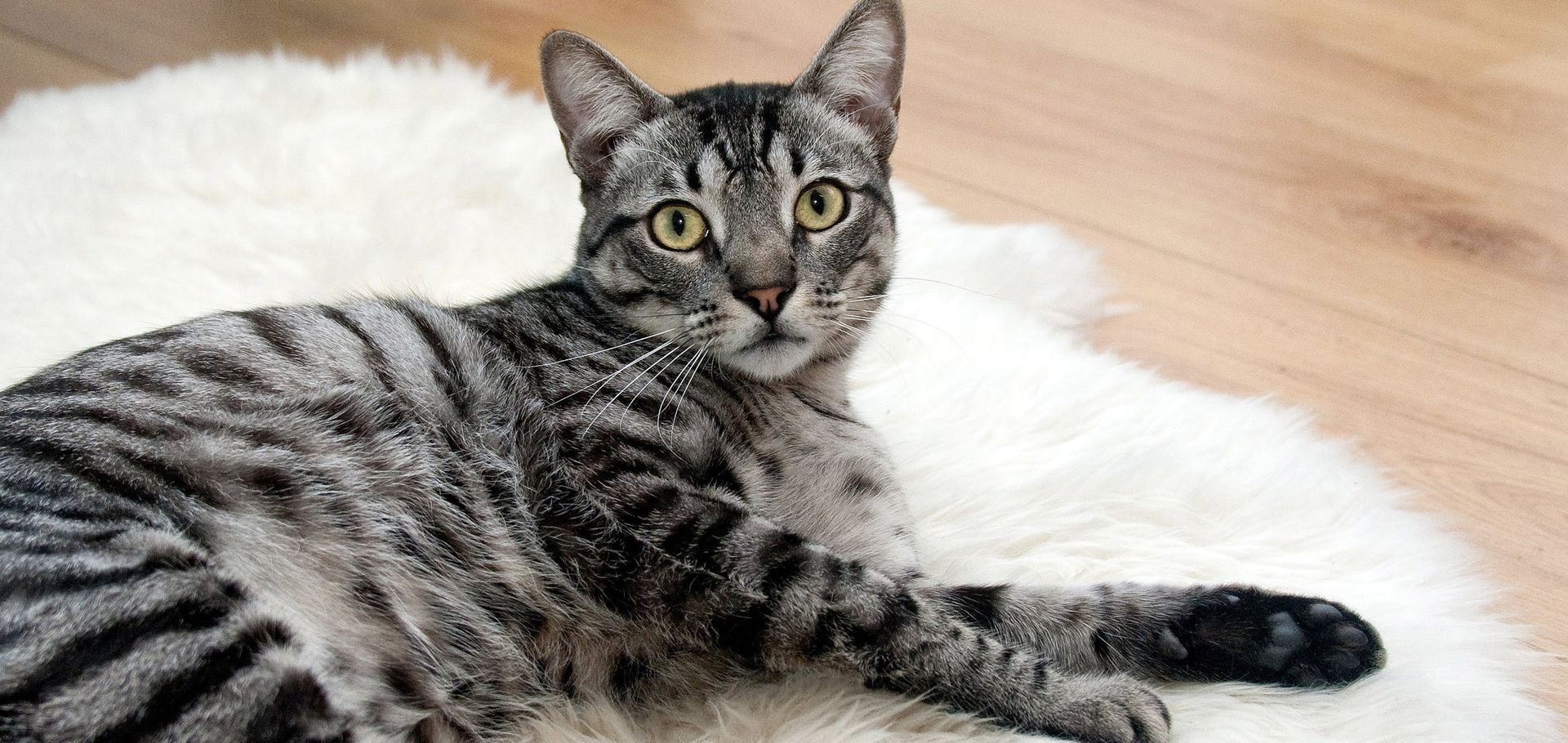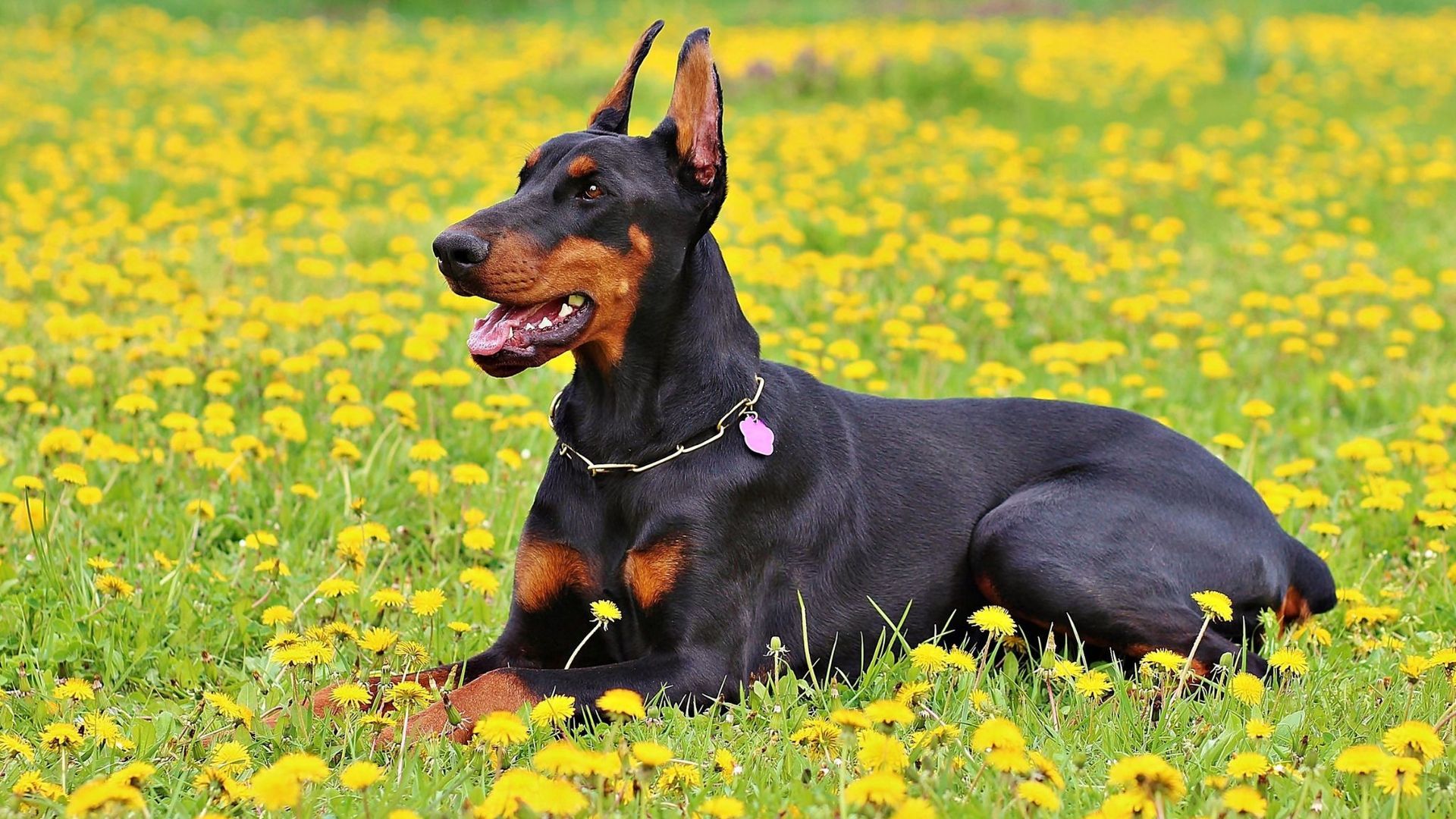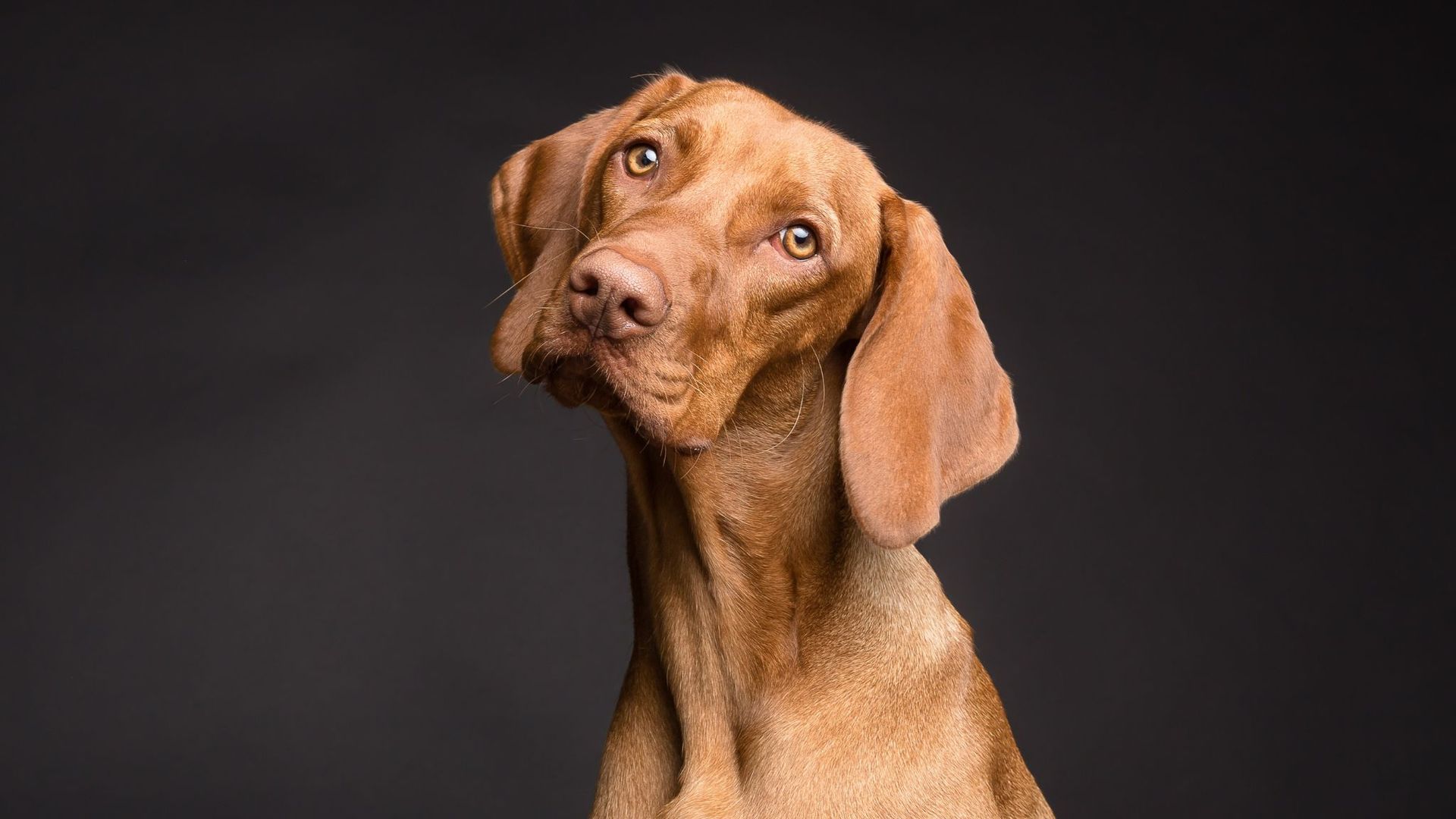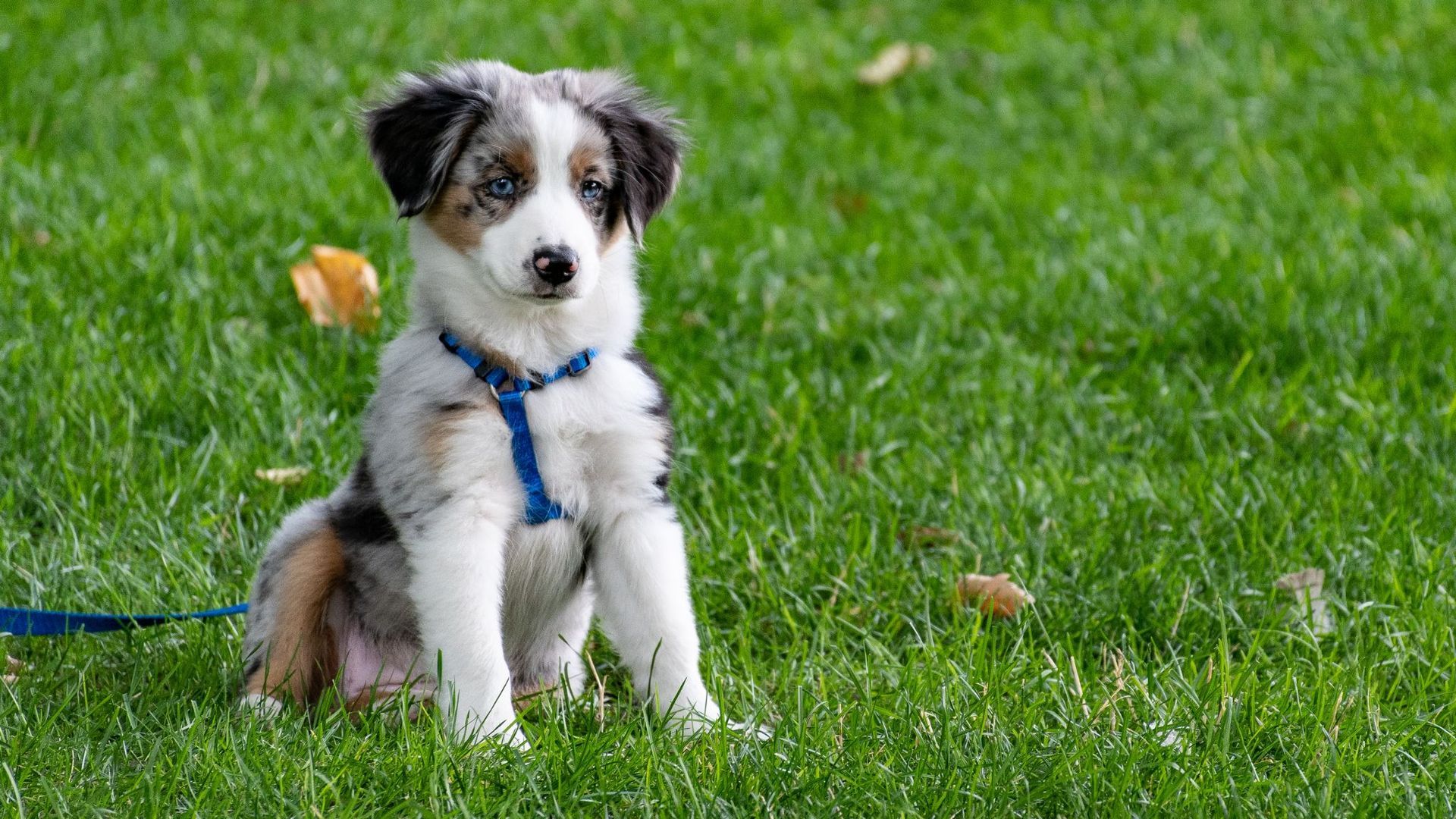
Ever had a quiet hangout sesh with your cat curled up beside you, and suddenly, you notice little drops pooling on their chin? You may find it cute initially, but the first thing you should know when seeing this is that cat drooling may be a sign of something worth looking into. Unlike dogs, cats aren't known for their drool, so when it happens, it's worth investigating.
10 Reasons for Excessive Cat Salivating or Drooling
Why would a cat drool excessively? While occasional drooling can be normal, especially when your cat is relaxed and purring, excessive or frequent drooling is often a red flag. It can signal various issues, from mild discomfort to severe medical conditions. Your cat might be trying to tell you they're in pain, anxious, nauseous, or dealing with an underlying health problem.
So, if you have been asking yourself, “Why is my cat drooling so much?” fret no more because we'll uncover ten common reasons behind this behavior. From joyful purring to potential health concerns, let's dive into the possible factors why your feline friend has been leaving wet spots in your lap!
1. Your Cat is Not Well
If there is one thing we know about cats, it is that they are masters of masking their pain. So, when they drool excessively, there is a high chance that they are crying for help because of physical discomfort. This can be an early indication of various health issues—from mouth pain to systemic diseases. That said, it's truly important to pay attention to any changes in your cat's behavior, including drooling, because that might be your first clue to an underlying health problem.
2. Something is Stuck in Their Throat
Cats are famously known for being curious little things, so getting themselves into trouble by consuming something foreign may not come off as a surprise. However, this further means that you need to be more wary of your cat's shenanigans, especially if they have access to plants or often play outside. If they accidentally consume a blade of grass, a leaf, or other foreign objects that are hard to swallow, this may cause drooling. When this happens, don't hesitate to call your veterinarian.
3. Your Cat Ingested Something Unpleasant
When cats accidentally consume poison, they will drool profusely and throw up. The same goes for when they eat something that tastes unpleasant; they will salivate to shake off the aftertaste–like how humans also drool when they consume something bad. Cats have a highly sensitive sense of taste, making them particularly picky regarding food choices. Their taste buds can detect bitter flavors, which signals potential toxins in their diet—and drooling is their defense mechanism!
4. They Feel Anxious Over Something Unfamiliar
Cats thrive on routines and are not generally keen on sudden changes, so being in a foreign environment or situation may make them feel freaked out. For instance, putting them inside their carrier and taking them to a vet appointment via a car or any other mode of transportation. As simple as they are, car rides can trigger a cat's motion sickness, leading to nausea and excessive salivation. To help them calm down, you can try acclimatizing your cat by taking short trips and ensuring they are comfortable in their carrier. You may also consult your vet about anxiety-reducing techniques to make these rides less daunting for your feline companion.
5. Your Cat Feels Threatened And Afraid
When cats identify a threat, this can trigger their "fight or flight" response—and one of those responses is, you guessed it, drooling. When they feel fear, a cat's body's defense mechanism involves triggering the salivary glands to produce excess fluid. When this happens, especially when there are loud noises, a thunderstorm, or the presence of unfamiliar animals or people, you can help calm your feline down by arranging a quiet and secluded space for them. Provide toys, use pheromone diffusers, and place comforting scents.
6. Your Cat is Overheated
One possible answer to the question, "Why would a cat drool?" is heatstroke. Your cat may suffer from this when left outdoors under a scorching temperature or unattended in a vehicle, even on mild days. When they become overheated, their bodies may struggle to regulate temperature and maintain hydration, which leads to excessive drooling. Not sure if it's a heatstroke? Take note of other indicators, such as panting and an elevated heart rate. Call the vet immediately; your cat will likely need intravenous (IV) fluids to rehydrate and stabilize their condition.
7. There May Be An Underlying Dental Issue
Dental disease is a common factor behind excessive cat drooling, which may vary in severity. When your cat is experiencing severe gum disease with abscesses and rooting teeth, they may have salivation problems due to pain and discomfort. However, even mild or moderate dental cases may also trigger cat drooling. When this happens, take them to the vet and set them up for a
dental cleaning session, but if the disease has progressed significantly, this may call for a tooth extraction already. Don't worry; this is usually performed under anesthesia!
8. Your Cat May Be Experiencing A Respiratory Infection
Cats suffering from viral respiratory conditions may develop ulcerations within their mouths, producing heightened saliva. This is a coping mechanism against the discomfort caused by these ulcerations. If your cat seems to be exhibiting such symptoms, it's best to consult with your veterinarian so that they provide the appropriate treatment.
9. It May Be A Sign Of Oral Cancer
While this may not be as common as dental issues or viral infections, it pays to be aware that cats can develop oral cancers. Cancer can manifest anywhere—from the tip of the tongue to the back of the throat, leading to persistent and pronounced drooling. Oral cancers in cats are a serious concern, and early detection is crucial, as there is much to prepare for when the condition worsens: radiation therapy, chemotherapy, or surgery. Be sure to set up your regular veterinary check-ups and monitor your feline companion's oral health.
10. Your Cat is Happy and Relaxed
Surprise, not every answer to "Why is my cat drooling?" is negative—this may also be a sign that they are relaxed and content! Many cat owners wonder, "Why do cats drool when they purr?" Cats have a delightful quirk: They drool when they are happy and even engage in kneading to show it. However, if you are bothered by their saliva, just place a towel or washcloth under them while petting them to avoid being drooled on.
Should I Be Worried If My Cat Is Drooling?
In many cases, a little drool is perfectly normal, especially if it occurs occasionally or when your cat is purring contently. However, if you notice your cat drooling excessively, frequently, or if it's accompanied by other symptoms like bad breath, difficulty eating, or lethargy, it's essential to consult your veterinarian. This could be a sign of an underlying health issue that requires attention.
Home Remedies for Cat Drooling
New Paragraph
Conclusion
Despite all these, it's also essential to understand that some cats are naturally inclined to be droolers—just a harmless and endearing part of their unique personality. However, you must not disregard the fact that you must still be wary of certain tell-tale signs that their health may already be in trouble!
Get the Help Your Cat Needs at Brewerton Hospital for Animals!
We know excessive drooling can be alarming, so if your cat suffers from something serious, don't hesitate to contact a trusted vet.
Schedule an appointment with us and ensure that your feline friend gets the best
pet care so their condition won't worsen. At
Brewerton Hospital for Animals, we do our best to ensure that your furry companion gets the proper help and care they deserve!
SHARE THIS ARTICLE




